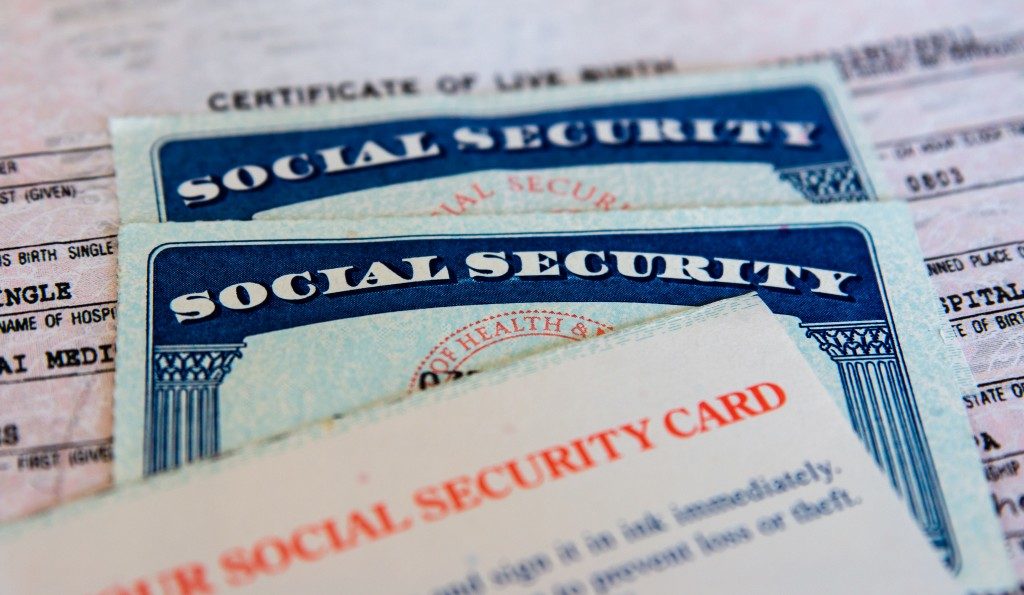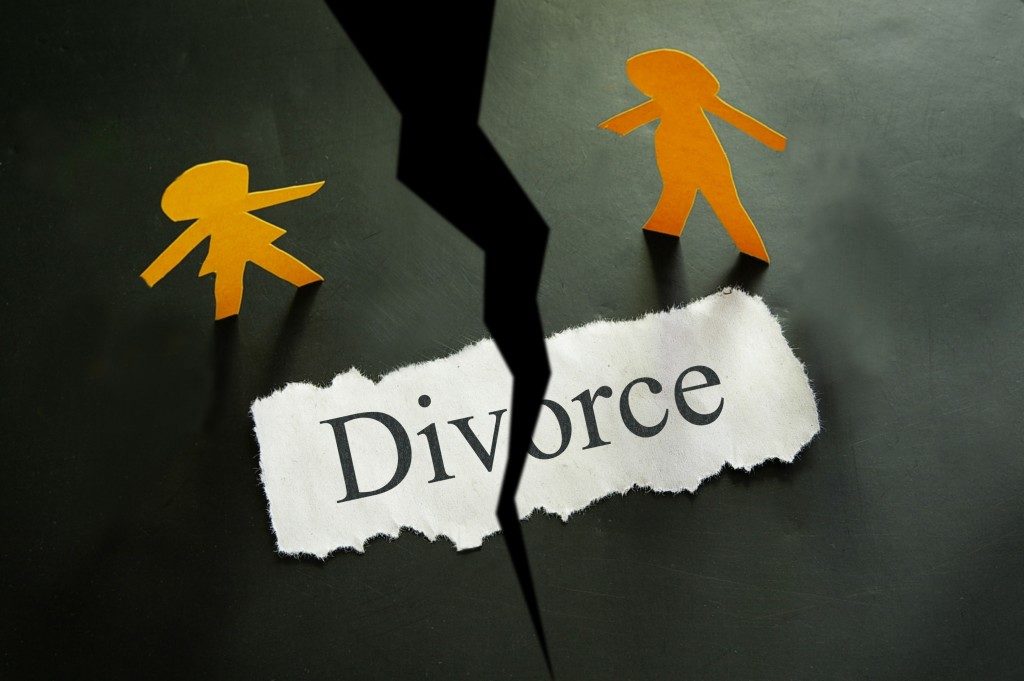In many jurisdictions, pension, social security, and retirement benefits accrued during marriage are considered marital property. So, if a couple divorces, these benefits will be treated like any other marital asset and will be distributed fairly between the couple unless there is a postnuptial or prenuptial agreement in play.
The distribution of a pension or retirement plan will involve entering a Qualified Domestic Relations Order (QDRO) during the proceedings for property distribution.
What Is in a Qualified Domestic Relations Order?
This order spells out the specific amount each spouse would get in the future once the retirement benefits are payable. This is separate from the settlement agreement or divorce decree.
Do note though that the court won’t consider a QDRO valid if it was obtained with the use of deceit, coercion, misrepresentation, or fraud, and violations might result in legal consequences. This is extremely important, so you need to discuss this thoroughly with your divorce attorney in Colorado Springs.
What Happens to Social Security Benefits?

If your ex-spouse was the main breadwinner in your family, you might be legally entitled to half of his or her benefits. But there are certain limitations, such as the following.
- For you to be considered eligible for some of your ex’s benefits, his or her benefits should be higher than yours.
- Your marriage should have lasted 10 years at least. In addition, you should have been divorced for at least two years prior to anyone of you being eligible for your ex’s benefits.
- Generally speaking, 62 is considered the early retirement age, with 66 being full retirement age, and 60 being the maximum. There is also an earning limit to consider even if you are collecting on the income of your ex-spouse and not your own. But if you are divorced and 62 years old, you might be eligible to file on the work record of your ex-spouse.
- If you have been married for at least 10 years, and your spouse has passed away, you could collect on the benefits of your deceased spouse. The benefits, however, will only be given to you if you are 60 years old, or 50 years old if you are disabled.
Do note that if you remarry, you will not be able to collect on your former spouse’s benefits.
What Happens to Pension Rights?
Majority of states consider retirement plan benefits and pensions accumulated during marriage as marital property that is subject to equitable division. But pension plan benefits that have gained interest following a divorce will not be considered marital assets, so these will not be part of the property distribution proceedings.
If you do not have a job and requests distribution from your ex’s pension benefits prior to your ex retiring, you will be giving up your right payment increases later on, which may gain interest because of a higher salary, longer service, or old age.
Among the most contested marital assets in divorce proceedings are retirement benefits. You need an experienced attorney on your side if your divorce involves the distribution of retirement benefits.




